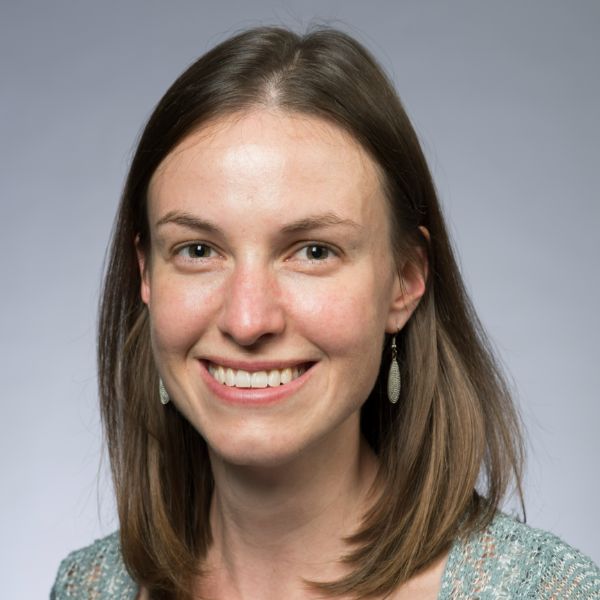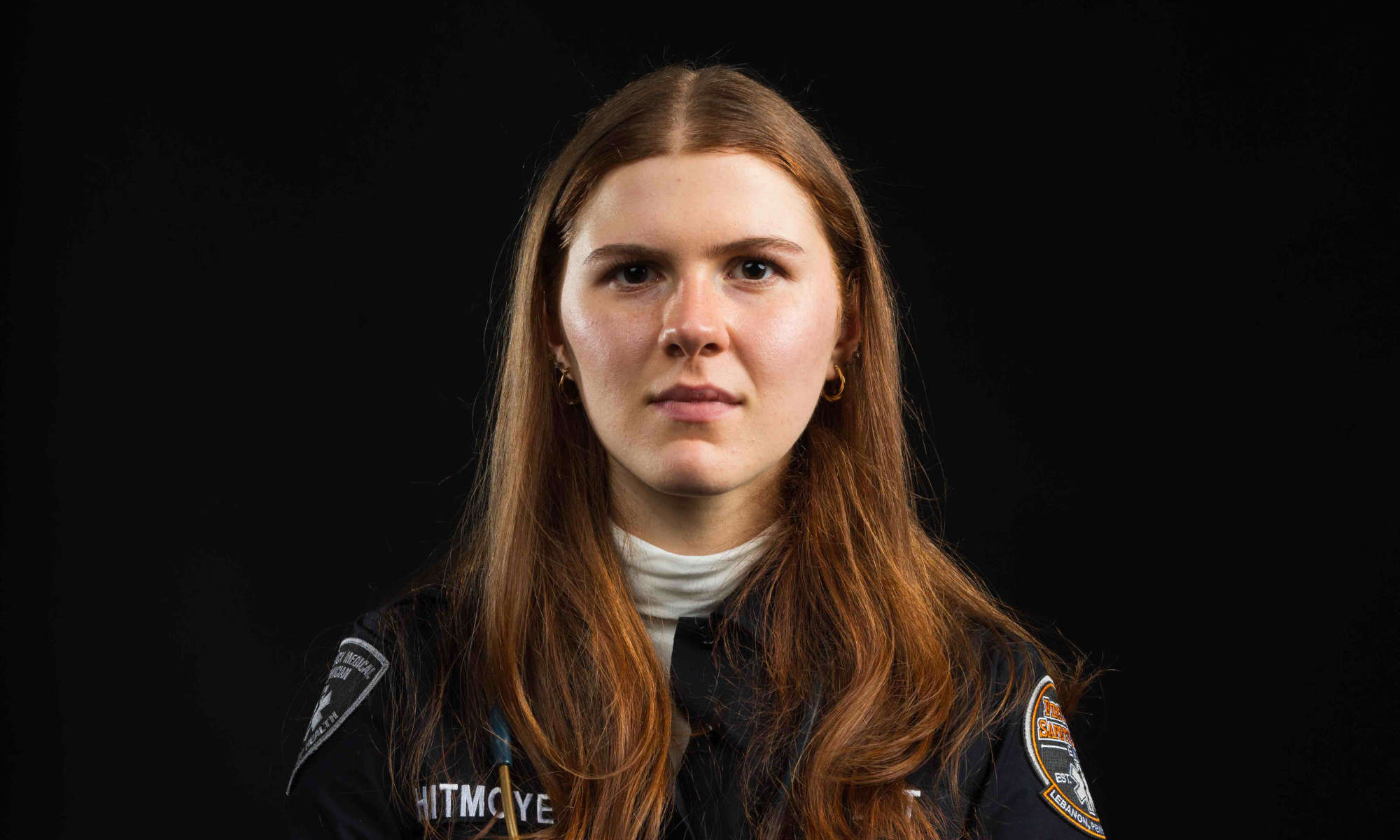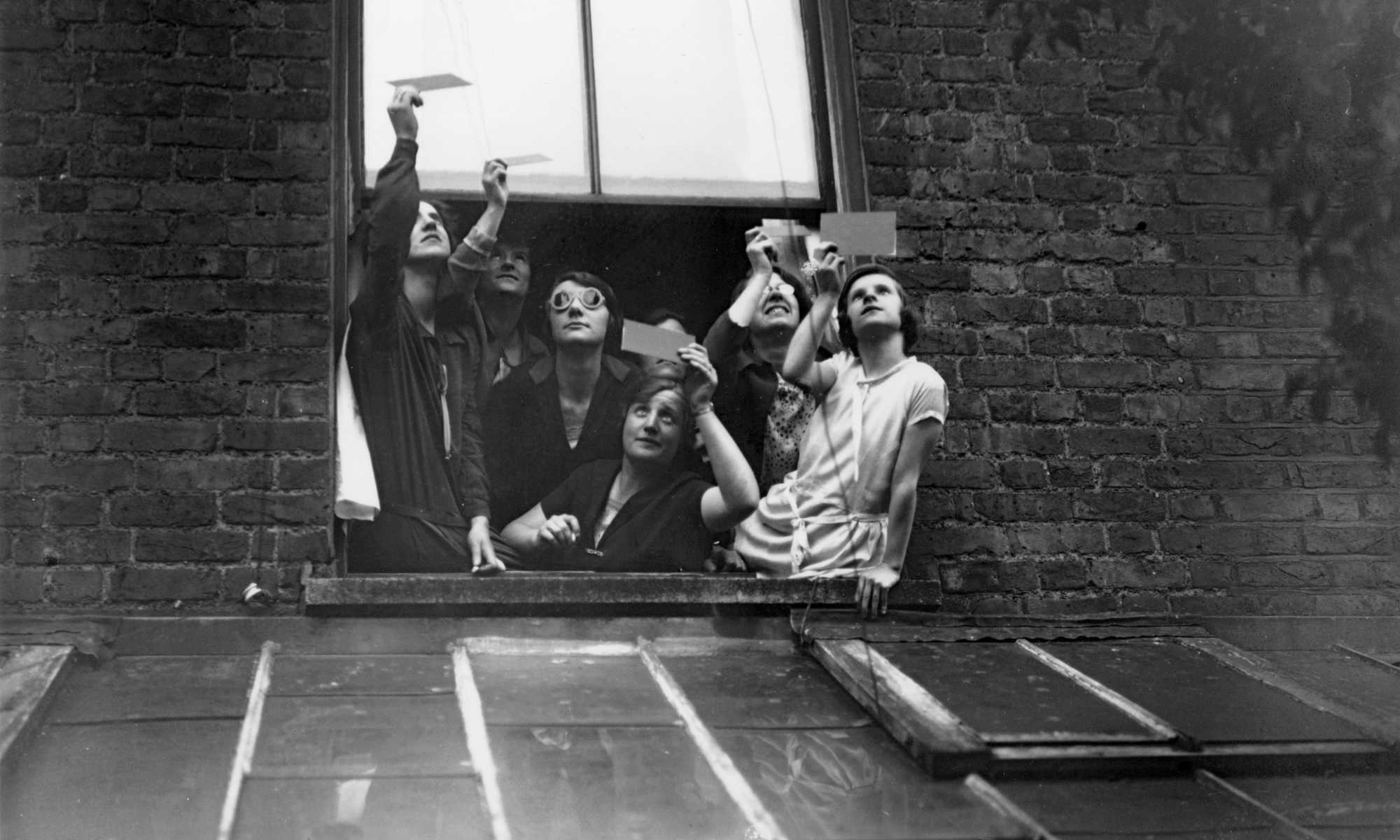“A math marathon.”
That’s how Dan Geba, an associate professor of mathematics at the University of Rochester, describes the William Lowell Putnam Mathematical Competition, the preeminent undergraduate mathematics competition in North America.
During the first Saturday in December, more than 4,160 students from 568 colleges across the United States and Canada—including 15 students from the University of Rochester—took the Putnam exam, one of the most challenging math tests in the world.
The University’s team recently found out they placed 15th out of 415 registered teams in the 2016 competition, placing them in the elite top 4 percent of competitors.
The Putnam exam consists of 12 problems that competitors must complete during two three-hour sessions. Each of the 12 problems is worth 10 points, and partial credit is awarded.
“This a very hard, very grueling competition,” Geba says. “To be able to solve even one problem is a big accomplishment.”
The problems are so difficult that the median score is often zero out of a possible 120 points, and some problems even inspire research papers.
“The Putnam is an interesting test no matter how many problems you can solve,” says Dan Rubery ’17, who took the exam and will begin a job with Google after graduation. “I typically end up chewing on a few of the problems for months after the exam.”
Any student may take the exam, but the school’s official team consists of three individuals who are designated in advance. The team score is the sum of the ranks of these three individuals. This year’s team members were Rubery, David Fink ’17, and Zachary Polansky ’19.
Polansky, the highest-scoring member of the University team, received a score of 65—meaning he solved six and a half problems correctly. He was ranked 52nd out of 4,164 participants in the individual competition. Rubery, along with four other Rochester students who took the exam, also placed in the top 500.
“You put yourself in a very elite group by being in the top 500,” Geba says.
While the problems are tough, they typically only require basic college mathematics, rewarding competitors who can use what they know creatively to get to the core of a problem.
“These problems are hard, but if you are able to think about a problem in a very unorthodox way, it can be solved in a relatively short amount of time,” Geba says. “If you really want to be competitive in this contest, you need to have a wealth of mathematical ideas so that when you see a problem, you can think about it in various ways.”
Polansky concurs: “During the test, I tried to look for patterns, simplify the problems, or relate them to things I’ve seen in the past.”
The Putnam exam has been offered annually since 1938 by the Mathematical Association of America. Many winners of the competition have become distinguished mathematicians and have gone on to win Nobel Prizes and Fields Medals.
This year the top five teams in the competition were Carnegie Mellon, Princeton, Harvard, MIT, and Stanford.




